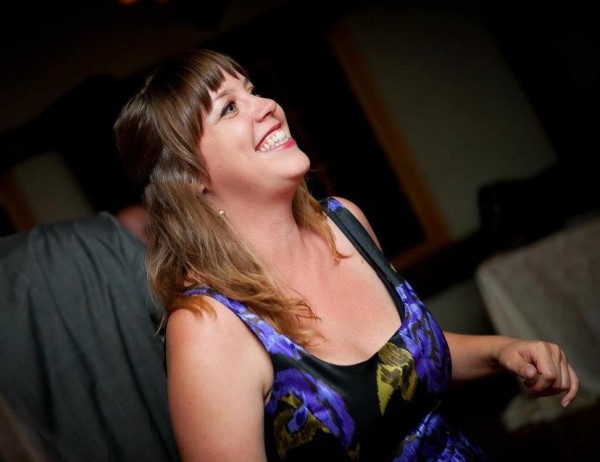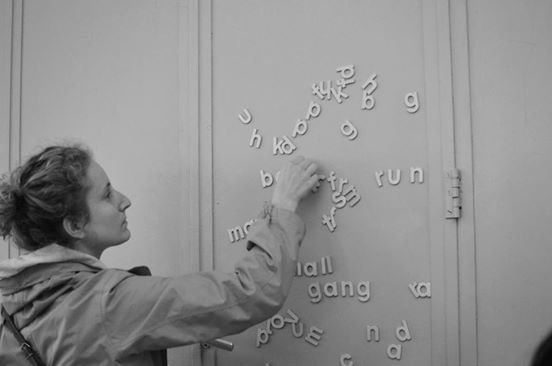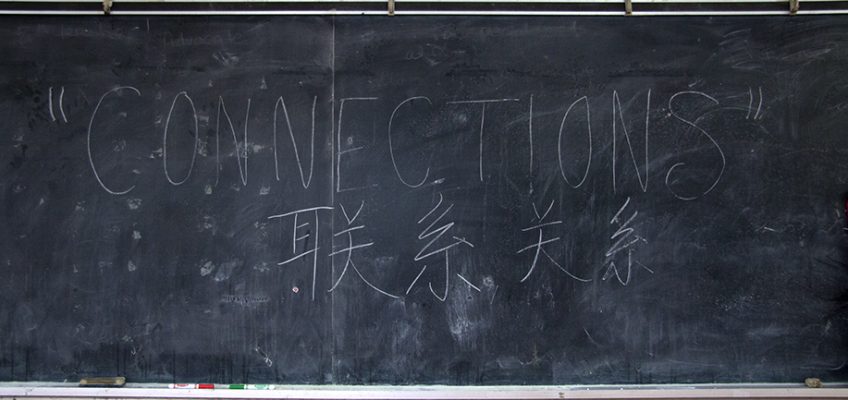Half Full is the creation of Mixed Company Theatre and focuses on the experience of students with anxiety – students who may have never told anyone about their anxieties and fears. This presentation will deliver a uniquely engaging form of experiential peer-led public education to reduce the stigma of mental health and find ways to support students and peers.
At a recent stage reading of Half Full, for the Toronto Catholic District School Board and their campaign ‘Stop the Stigma’, students and teachers were given the opportunity to experience Half Full and give their thoughts and feedback on its content, approach, language, and delivery. Throughout the reading there were deep silences and head nods as students and teachers alike connected with the struggles of the lead character Joshua, and laughter as he made those all too familiar fumbles toward finding his confidence, voice, and strength to reach out and ask for help.
At the end of the reading students were tentative to volunteer their thoughts on the show, and our Artistic Director Simon Malbogat expertly facilitated the dialogue on the winning aspects of the play and areas for new perspectives and growth. As more students gained confidence to speak there was a wellspring of positive thoughts about why Half Full is so essential, especially in a high school environment where it can often be difficult to speak up and speak out against the stigma of anxiety and mental health. In this moment teachers were able to really hear their students on an even plane where Simon mediated disagreements in views and approaches for how teachers connect with students needing support, and how students want to be supported.
It takes courage to be kind to ourselves, to voice our concerns and have the strength to ask for what we need. It is important that we push through the discomfort, embarrassment, shame and awkward feelings to address our anxiety. This is the only way we break down the walls of stigma, and help ourselves and others freely talk about and access the resources we need to deal with anxiety and other mental health struggles.
The biggest first step is acknowledging that we are struggling and need help. It takes a lot of bravery and determination to stop the stigma surrounding mental health, but it is possible one conversation at a time. We can end the stigma by: finding the strength to ask for help, being a support to someone struggling, choosing to highlight the good in others instead of having fun at their expense, and by being considerate and patient with one another. As we begin to talk about our struggles and help others through their own we come to see that the glass is never empty, at the very least it’s half full.





